Table of Contents
- Malta tap water is known to have a strong taste of chlorine
- Tap water in Malta is cheaper when compared to other European countries
- Tap water in Malta is full of minerals and so quite alkaline
- Tap water can be found in most homes all over the island of Malta
- Malta tap water comes from three different sources: sea, ground or surface water
- Tap water quality varies across the Maltese islands
- Malta tap water is highly regulated and meets all EU standards
- Most people in Malta do not drink the tap water because they do not like the taste of smell of it
- Malta tap water quality can be improved by using a good water filter
- Conclusion
Tap water in Malta is an important topic for many Maltese people because most people do not drink the tap water. For this reason, tap water has become a hot issue in recent years as more and more people are concerned about its safety and it is very common to hear people asking "can you drink the tap water in Malta?"
In Malta tap water comes from the sea, ground or surface sources which is treated before being pumped into homes. The quality of tap water varies across the island, but generally tap water in Malta is safe to drink if you use special filters like faucet filters, jugs filters or under the sink reverse osmosis filters that will remove any harmful contaminants that maybe present.
The Water Services Corporation of Malta provides tap water to all of Malta and Gozo, and has been making large investments in the infrastructure during the last decade powered by large EU funding.
The Water Services Corporation (WSC) produces about 31 million cubic metres per year of drinking water (2015) which is enough for a population of just over 500,000 (2020) people that live on an island less than 60 square kilometres.
This blog post explores the quality and safety of tap water in Malta as well as its benefits and costs to your wallet!
Here are ten important things you should know about tap water in Malta:
Malta tap water is known to have a strong taste of chlorine
If you ask residents of Malta, generally they do not drink unfiltered tap water as it has a strong taste of chlorine which people find off putting and this dos not go away when its boiled. Since joining the EU there has been high investment into water infrastructure with the objective of improving the levels of drinking water sourced from the tap in Malta, by improving the taste of the water reducing the chlorides used in treatment.
Tap water in Malta is cheaper when compared to other European countries
At a rate of €1.3965 for the first 33 cubic meters per year and €5.1395 after that on a residential tarrif tap water in Malta is cheaper at 33 Cubic meters per year than the most other European countries according to the Holidu water price index, however using more than 33 cubic meters per person, which is about average in Malta, means the water is significantly more expensive and cheaper only than Norway. So conserve your water and only use what you need!
Tap water in Malta is full of minerals and so quite alkaline
The tap water in Malta is regarded as a source of good quality calcium, magnesium and bicarbonates which are much higher than many other locations and on similar levels as some mineral waters.
Tap water contains fluoride which has been proven to reduce tooth decay especially among children, but this can be filtered out.
In our independent tap water tests, the tap water in Malta was quite alkaline which some people believe is a positive health factor.
Tap water can be found in most homes all over the island of Malta
Just under 95% of Maltese homes have tap water, and tap water is always available in the new building developments, although sometimes it does take some time to have a meter installed.
Tap water is produced by the Water Services Corporation (WSC) and pumped to your home through networks of underground pipes, over 2,000 KM of pipes in Malta of which some are quite old and rust can be an issue for residents in some areas of Malta due to the age of the infrastructure. However in many areas of Malta the pipe system has been upgraded and the rust is no longer an issue.
From personal experience though, if Water Services Corporation are working nearby water can turn brown as a response to the works stirring up rust sediment in the pipes.
Malta tap water comes from three different sources: sea, ground or surface water
Water Services Corporation in Malta has 4 reverse osmosis plants in Malta and Gozo that take water from the sea and purify it for drinking water. These plants are in Pembroke, Cirkewwa, Ghar Lapsi and Hondoq (Gozo).
The treated water is mixed with groundwater which improves the taste, however most people in Malta still prefer not to drink the tap water without additional filtration in their homes.
The mix of reverse osmosis water to ground water is increasingly reverse osmosis water and far less groundwater. In 2020 the mix was 60% reverse osmosis water.
Tap water quality varies across the Maltese islands
The quality of water can vary across Malta and Gozo but is becoming more consistent due to large investment by Water Services Corporation. One of the largest investments is the EU finded €130 million project to improve the taste of Maltese water and also includes new tunnels from Pembroke to the reservoirs at Ta q1li
Tap water in Malta is stored in reservoirs
Unlike some other European countries we do not see many open reservoirs or lakes in Malta but infact there are 24 reservoirs mostly underground that store up to 400,000 cubic meters of water.
Malta tap water is highly regulated and meets all EU standards
Malta tap water is subject to strict EU regulations and Water Services Corporation in Malta has a team of over 500 people who are constantly monitoring the tap water quality (including 30 full time chemists) and make sure it complies with all legal requirements set out by the European Drinking Water Directive (EU) 2020/2184
The tap water quality tests are carried out on a monthly basis, and the results of each analysis is published on Water Services Corporation website (in Maltese language). Each year they also carry out more detailed studies.
Most people in Malta do not drink the tap water because they do not like the taste of smell of it
Many people in Malta have tap water at their homes, but do not drink it because they are used to drinking bottled beverages which many Maltese claim is better for health.
Bottled water in Malta is the most popular beverage sold in supermarkets and shops across the island of Malta with 89% market share (WSC Report 2016) and is often available in exchange for points gained from shopping at the large supermarkets.
In 2015 a European survey found no respondents in Malta that would drink the tap water.
Malta tap water quality can be improved by using a good water filter
You can find a wide range of water filter systems in Malta. For many years the reverse osmosis types of systems that sit under the kitchen sink and involves 5 stages of different filter have been used in Malta. But as the quality of the water has improved these systems which can cost up to €500 with high annual maintenance costs are no longer necessary and more economical systems that do not waste water in their process can be used.
New systems such as the TAPP EcoPro water filter that simply attaches to the kitchen tap to deliver great tasting drinking water are available from €59 and you can also use the many different styles of water pitcher or water jug, but with these you have to wait for the water to filter and you only have up to 2.4L at a time so it may be inconvenient.
Conclusion
The quality of the tap water in Malta varies across islands but it meets EU standards and is highly regulated. If you want to make sure your drinking water is safe, we recommend using a filter on your tap water before drinking. One option for improving the quality of tap water is the TAPP EcoPro Water filter that easily attaches to your kitchen mixer and just needs a filter change every 3 months. You can see our whole range of water filters and also see our independent test results.


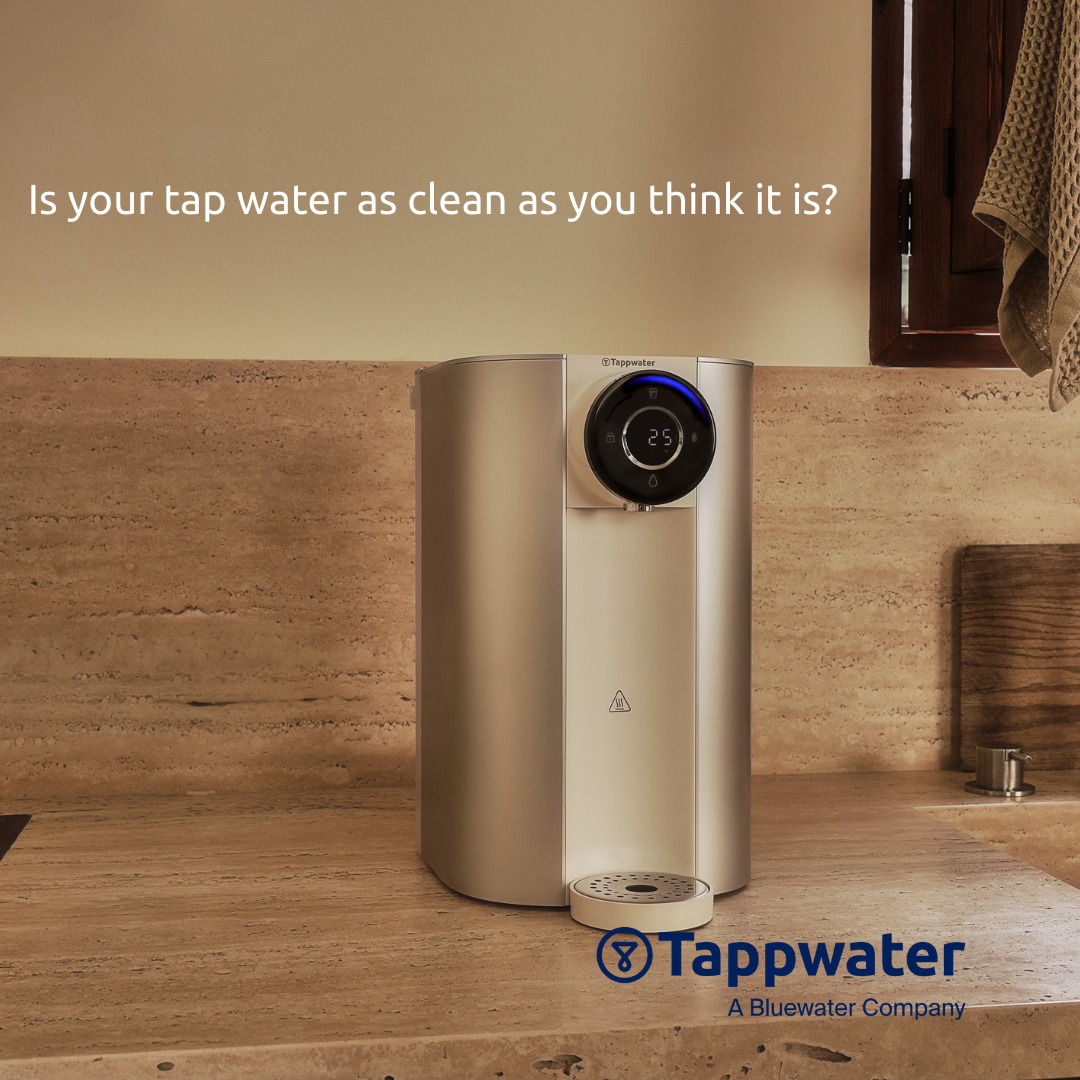

![[WATCH] Malta's Tap Water Challenge: The Tappwater Solution. A Look at the Science, the Tests, and the Deliciously Clean Results.](http://tappwater.mt/cdn/shop/articles/Why_We_lab_tested_maltas_water_Sqaure.png?v=1756738451&width=1080)
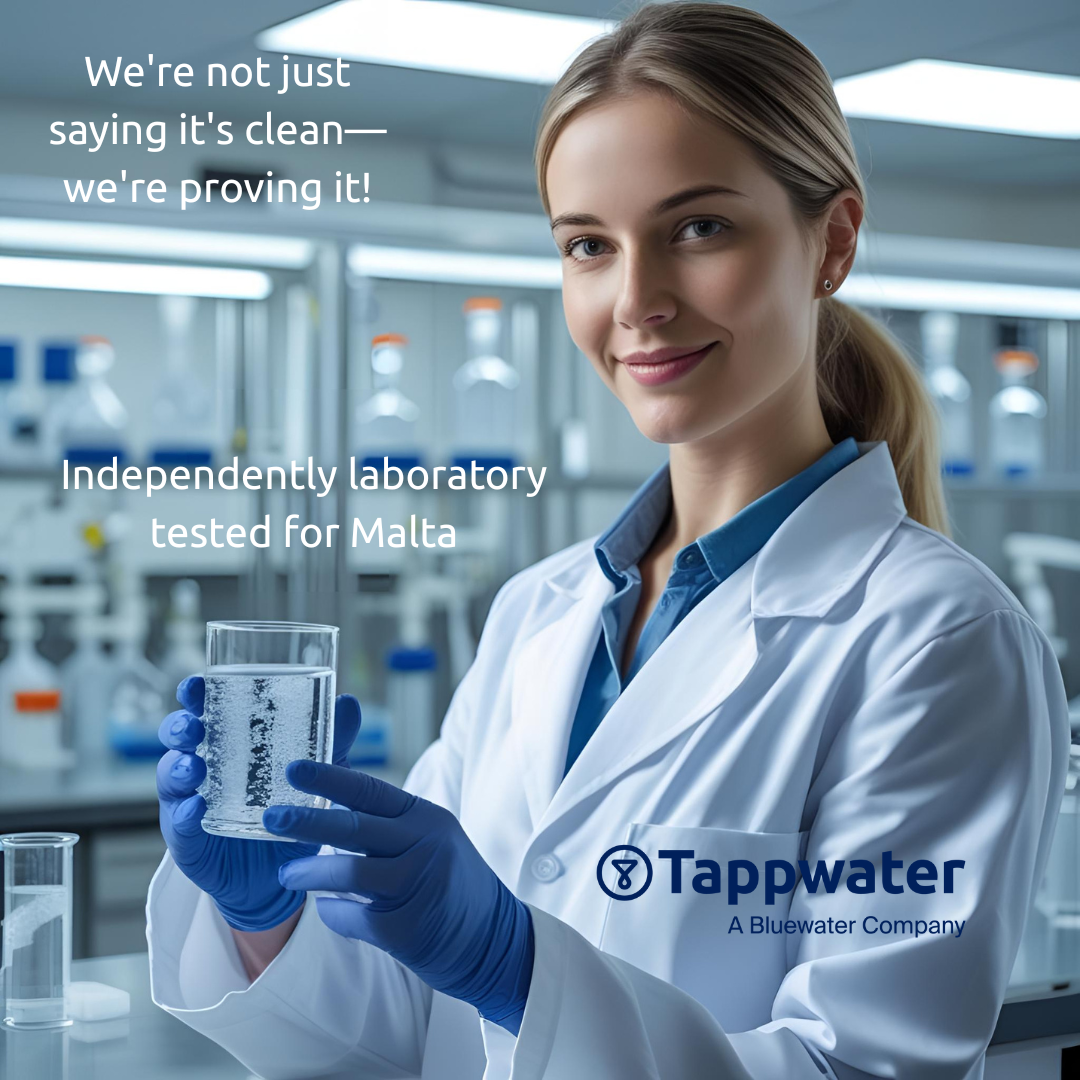
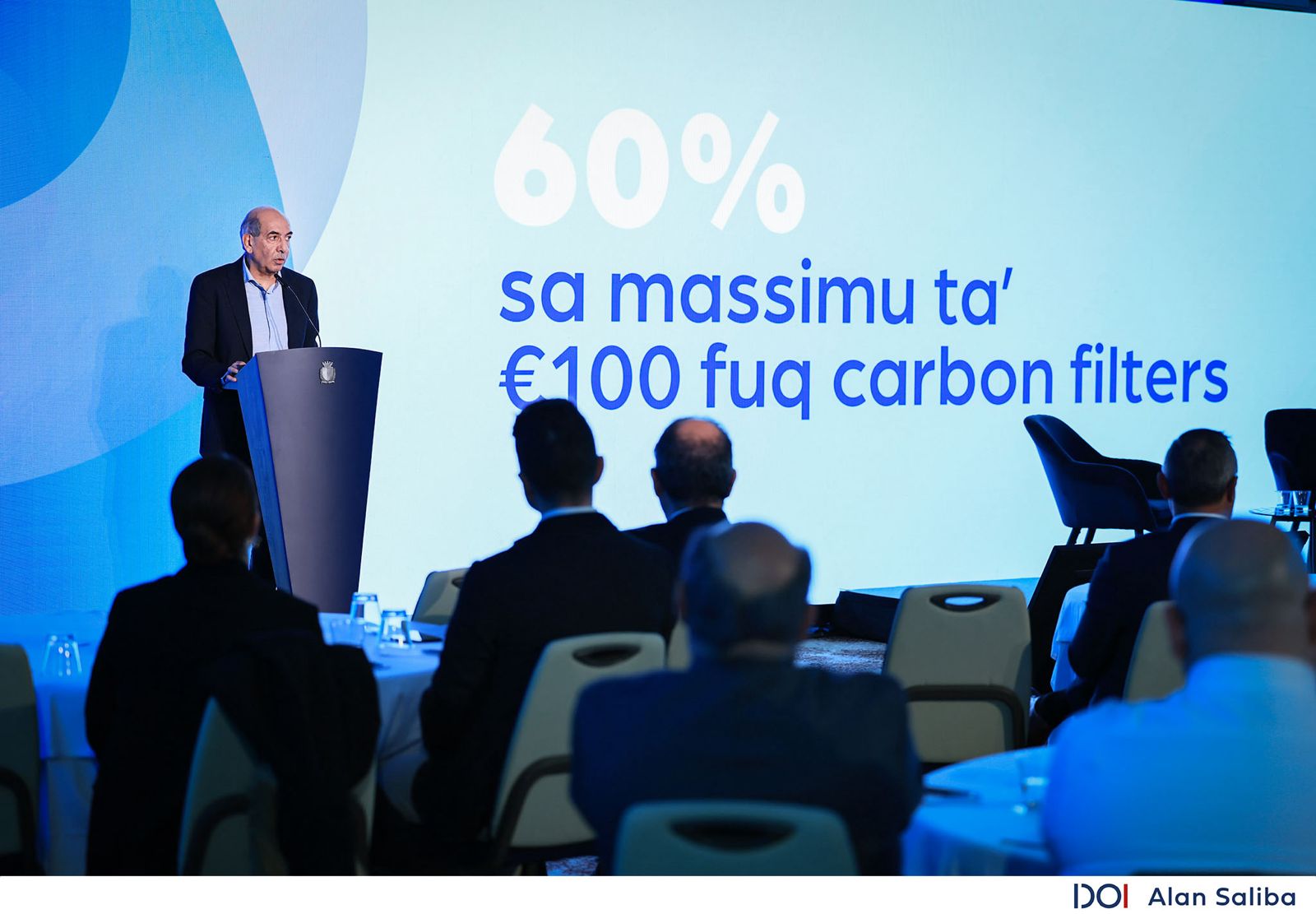
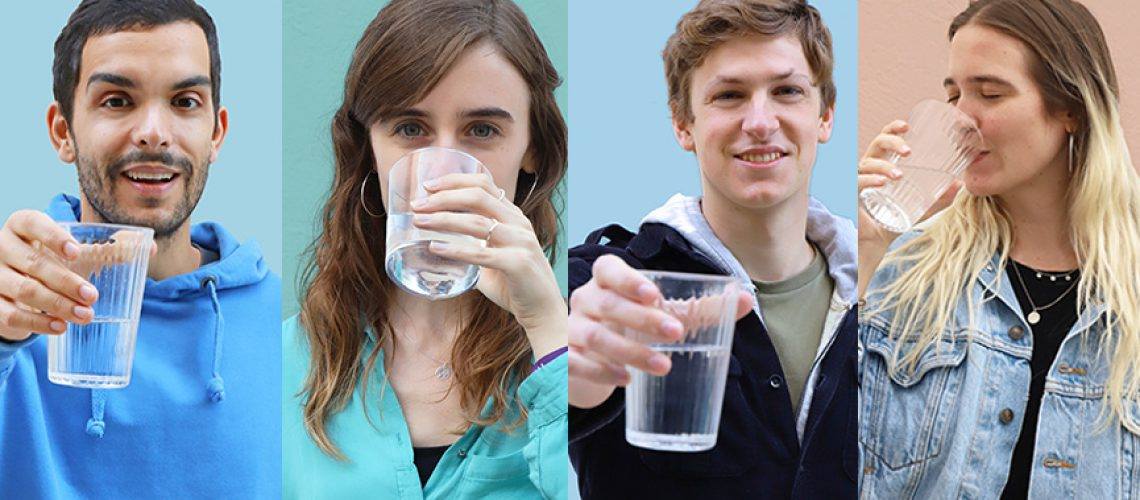
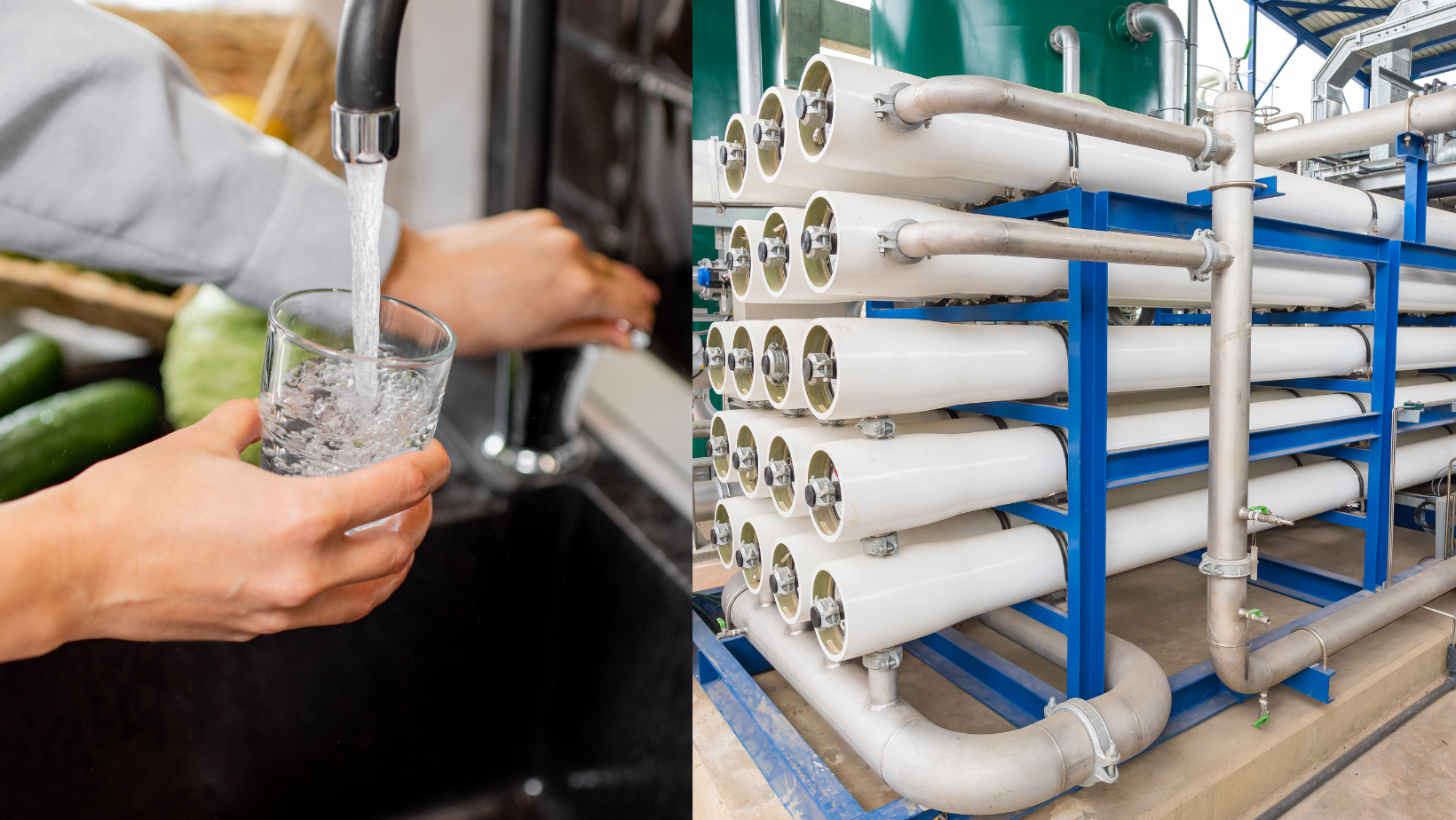
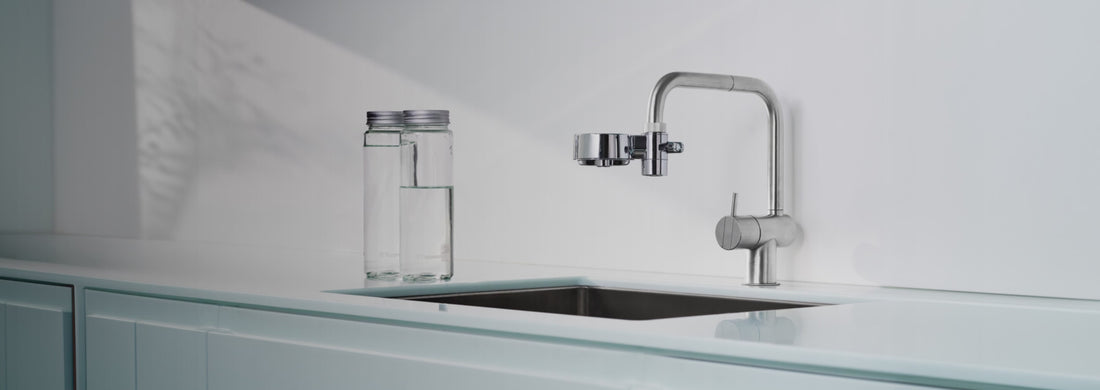
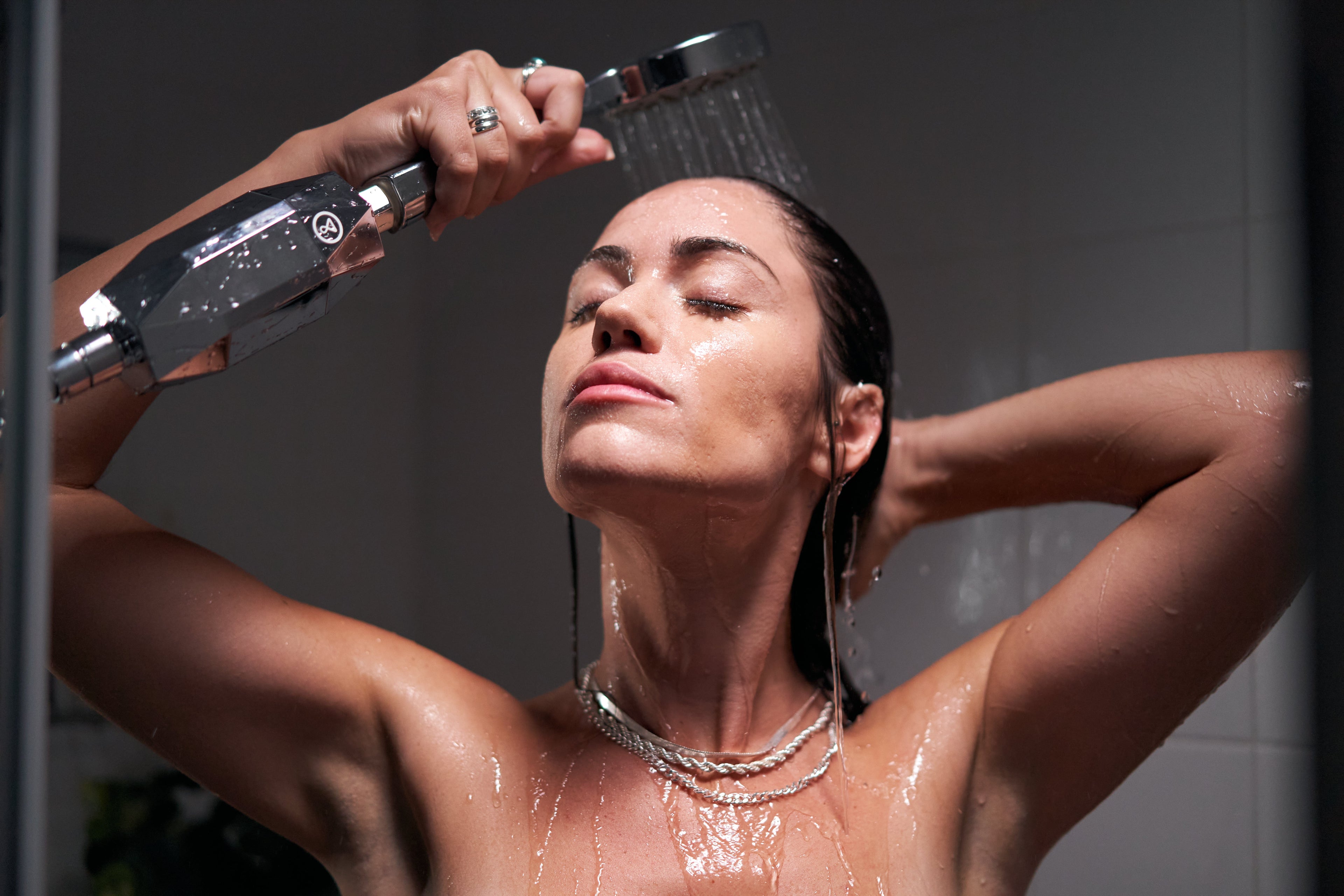
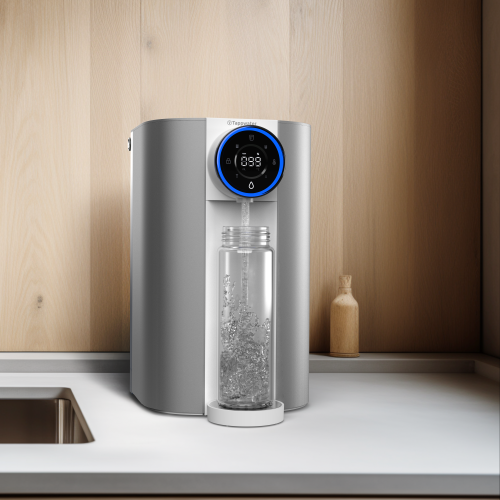
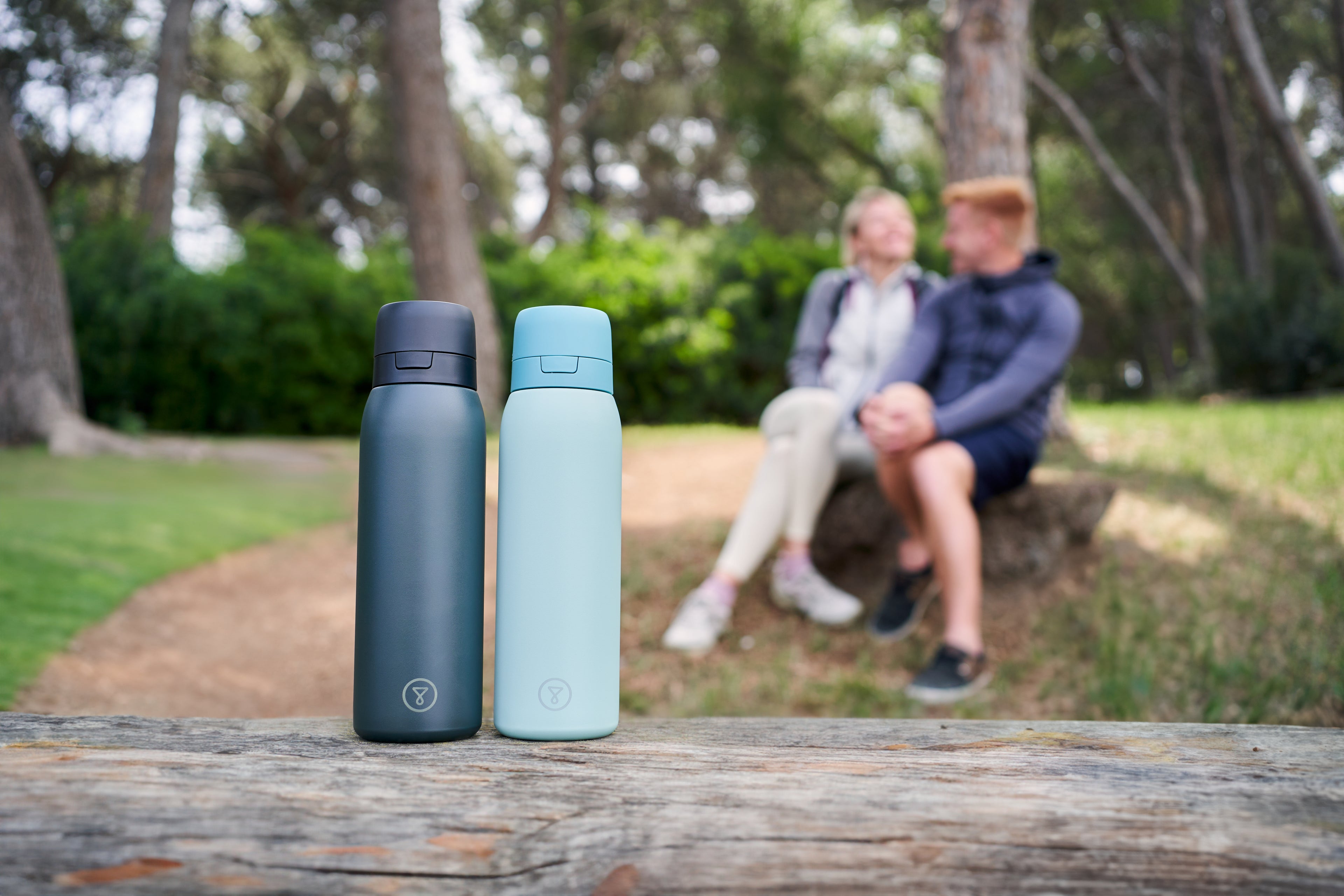
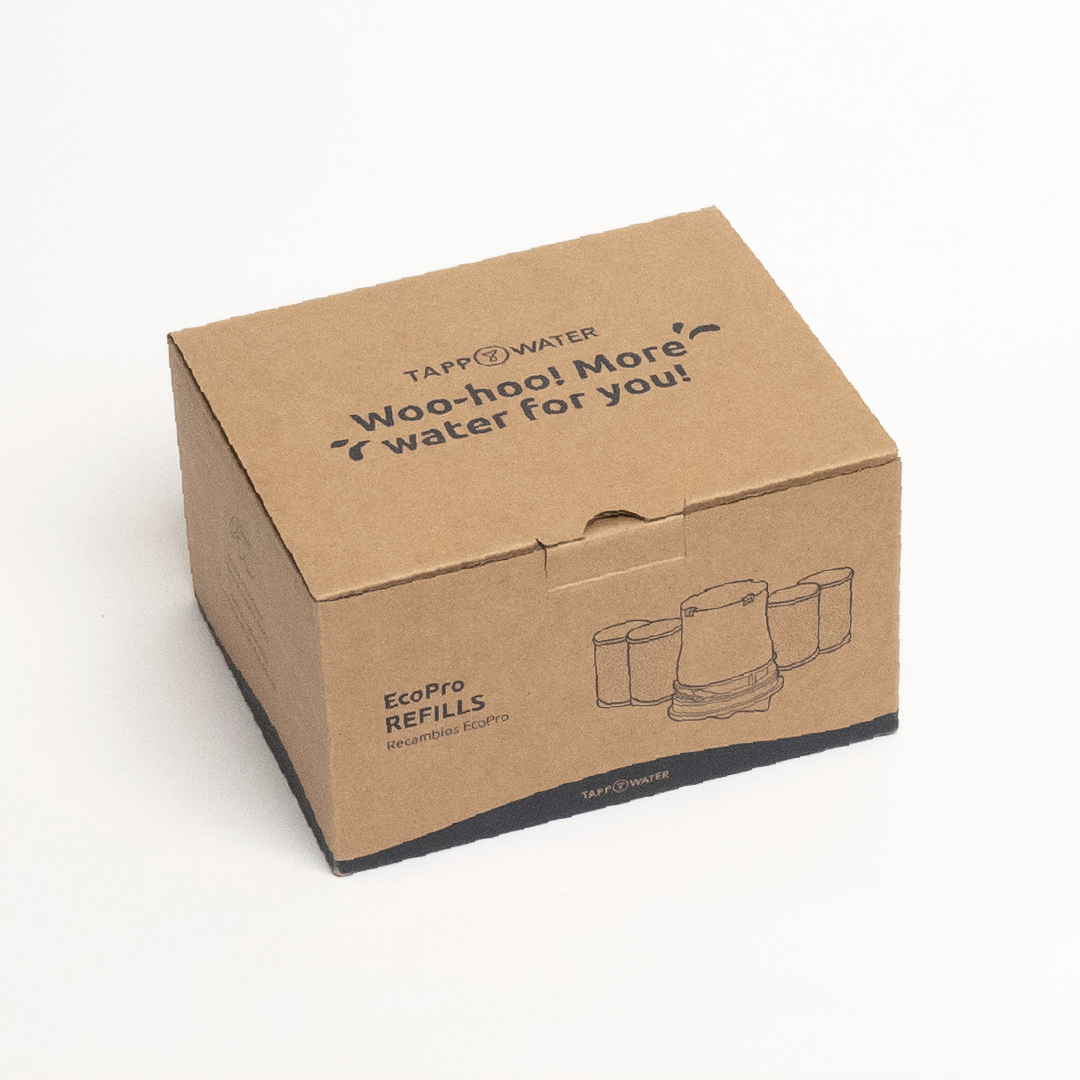
0 comments